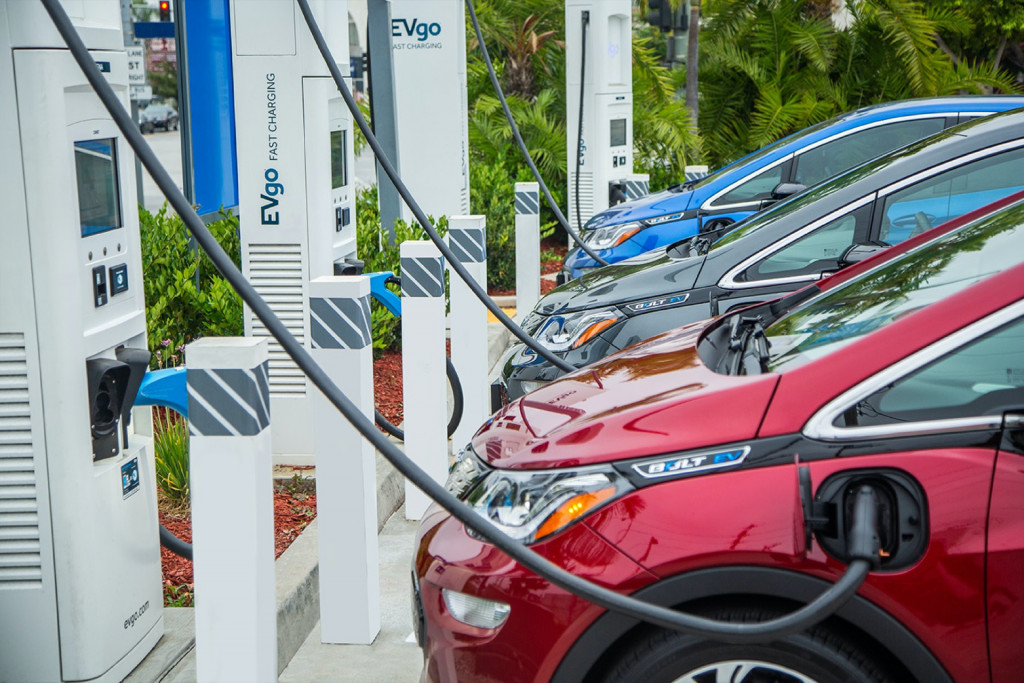Shelter-in-place orders early in the coronavirus pandemic caused a massive reduction in driving, and with that, a massive reduction in carbon emissions. But a new survey indicates that post-pandemic driving could undo that—and then some.
While most respondents said they agreed that humanity was mainly or partly to blame for climate change, most also said they planned to drive more after the pandemic.
Approximately 26,000 people in 25 countries were polled in July and August by the YouGov-Cambridge Globalism Project for the survey, which was designed with the Guardian.
In all countries surveyed, most respondents said they would use their cars more than before the pandemic. In the United States, 40% of respondents said they planned to drive more post-pandemic, while only 10% said they planned to drive less.
Overall, respondents believed that humanity was at least somewhat responsible for climate change. In the U.S., 69% of those surveyed held that scientifically-backed view.

GM and EVgo expand major-metro fast charging
The rate of interest in driving was also much higher than flying. The percentage of U.S. respondents saying they would fly more after the pandemic, and those who said they would fly less, was about even.
There is no consensus on how the pandemic will affect Americans' view of cars or carbon emissions. One recent survey found that interest in electric cars had grown during the pandemic, while another found that it had stayed roughly the same. Either way, charging habits have changed, with more drivers sticking to home charging even as public networks expand.
On one hand, cars have become important as cultural access points once again, as they provide a way to get out into the world while social distancing. Drive-in movies have even made a comeback as a result of the pandemic.
On the other hand, cities have become increasingly aware of air quality and how dramatically urban spaces could change. In some cities, parking spaces have been repurposed as outdoor dining areas, and sections of streets have been closed to traffic to give people more room to spread out. Perhaps some of these pandemic-induced changes will become permanent.
If the move to spend more time in cars does play out, that could make the switch to EVs even more important.












